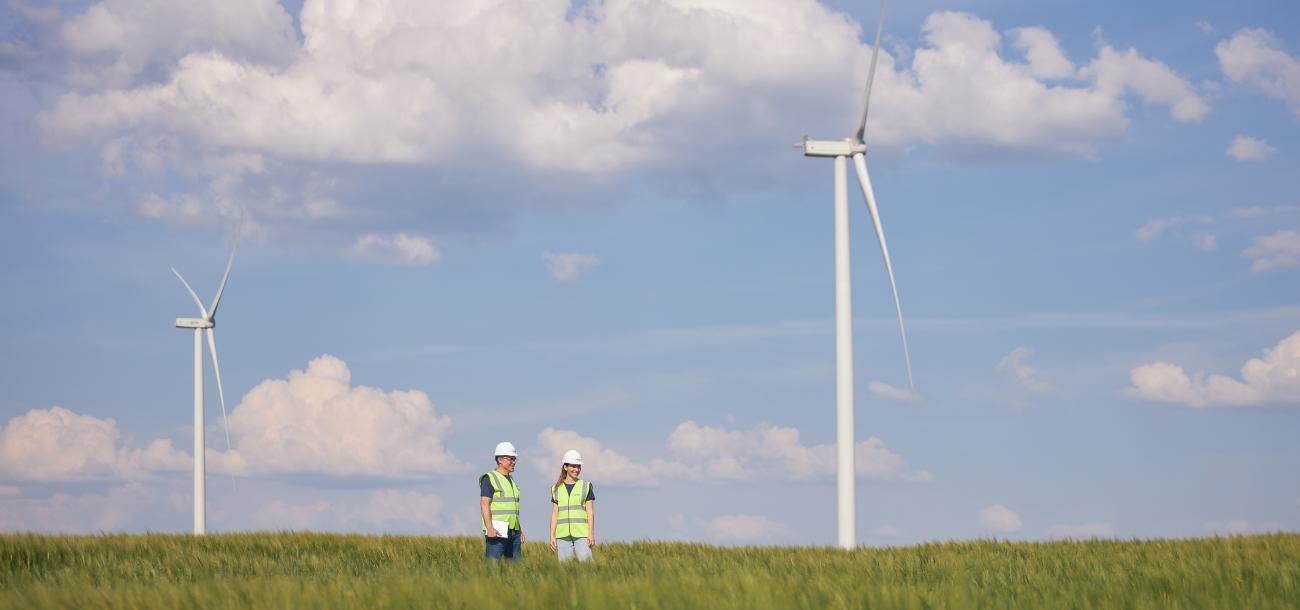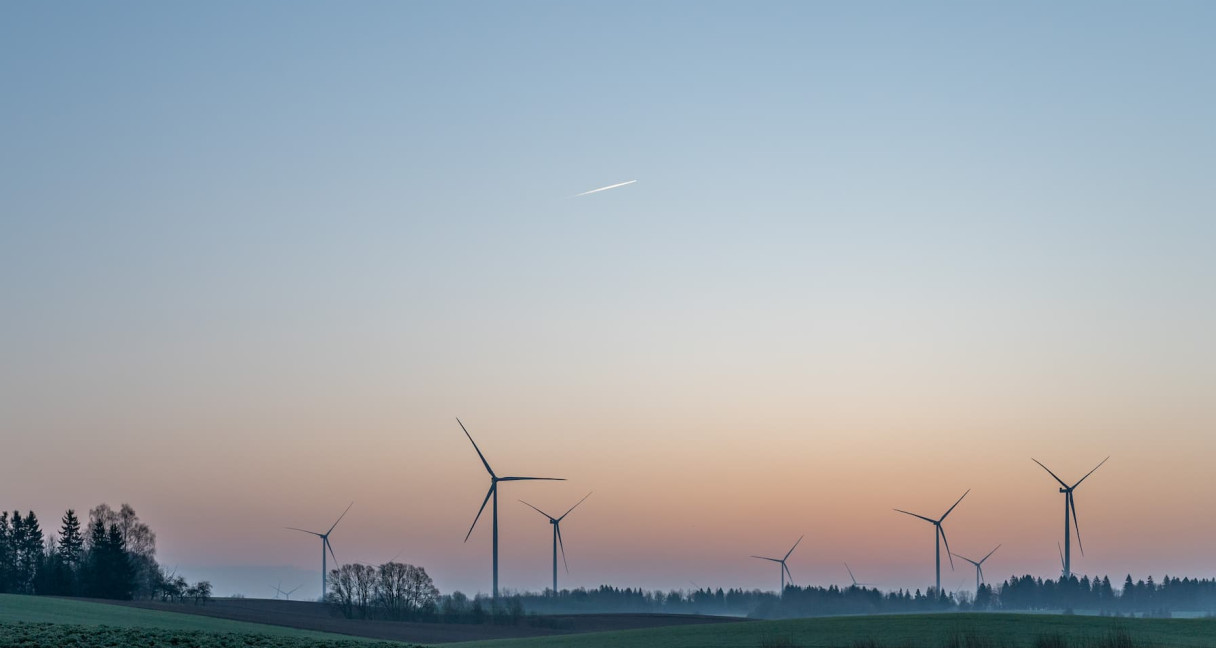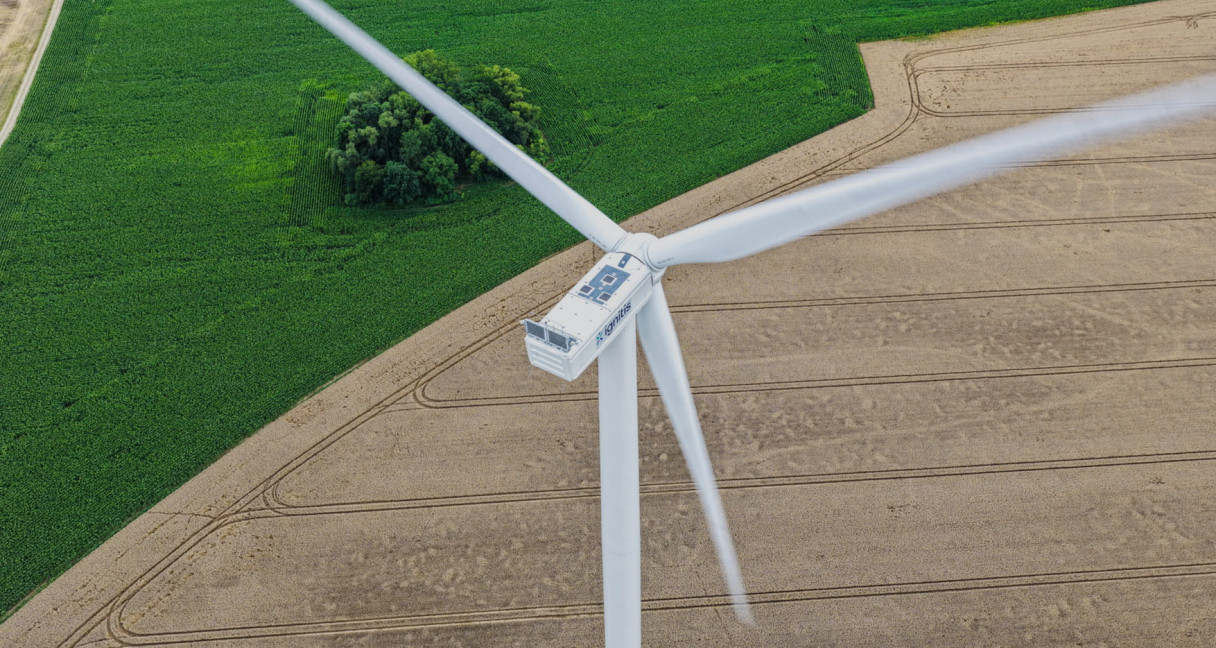4 out of 5 residents believe that renewable energy strengthens Lithuania’s national energy independence
The majority, or 76%, of the surveyed Lithuanians agree that renewables are strengthening Lithuania’s energy independence. The data comes from a representative survey of Lithuanian residents. Residents favour electricity generated using solar, offshore and onshore wind energy the most.
“Lithuanians consider renewable energy as a very significant contributor to the national energy independence. The survey shows that 77% of the population agrees to the statement that for Lithuania it’s strategically important to be able to generate all the electricity it needs itself. Nearly the same number of respondents (76%) believe that Lithuania’s energy independence is being strengthened by developing renewables,” says Paulius Kalmantas, Communication Partner at an international green energy company Ignitis Renewables.
According to him, residents have a strong opinion on local green energy generation. According to the survey, only 3–4% of residents have doubts regarding these statements and only a fifth of them have no opinion.
Developing renewable energy is one of the most important goals when it comes to national energy independence. Lithuania is implementing its National Energy Independence Strategy and has an ambitious objective to cover 100% of electricity needs of the country using renewable energy sources.
According to the representative from Ignitis Renewables, it’s a mission possible. “The projects we develop significantly contribute to increasing the local generation of electricity using renewable energy sources, thus reducing Lithuania’s dependence on electricity imports while facilitating the regional transition to a sustainable green energy hub,” says P. Kalmantas.
Solar and wind energy is favoured by the most
According to the survey, residents rate the electricity generation from solar and wind energy the most positively. 88% of the respondents perceive solar energy very positively or positively, and 77% of them have similar opinions on offshore energy. Additionally, nearly as many (75%) respondents also rate onshore wind energy positively or very positively.
“The survey data reveals that the reason for the positive attitude of respondents towards the development of solar and wind energy capacities is their contribution to the national energy independence. Residents also consider the energy generated by them as clean and easily utilised. Some of the residents are aware of and appreciate the possibility for communities living near our wind or solar farms to receive financial support,” notes P. Kalmantas.
The representative from Ignitis Renewables, which has been rapidly developing wind farms for a couple of years, notes that the respondents in the regions which already have or will soon have the company’s wind farms statistically have a more favourable perception of wind energy compared to the country’s average.
“This indicates that, as with all innovations, wind farms and the renewable energy sector are still shrouded in myths that are not true. We often fear what we do not know. The survey results and our constant engagement with local communities prove once again that residents who live near already operating renewable energy facilities are no longer subjected to misleading information about their impact on people’s health, farming, etc.,” says the representative of Ignitis Renewables.
The representative opinion survey of Lithuanian residents was performed by KOG Institute for Marketing and Communication Sciences in spring 2024. Residents of between ages of 18 and 64 from across Lithuania took an online survey. 1,009 individuals participated in the survey. Additionally, 200 residents from Western Lithuania (Tauragė, Jurbarkas, Kelmė and Mažeikiai) and 350 residents from the coastal region (Neringa, Kretinga, Palanga and Klaipėda) were surveyed via the phone or in person.





